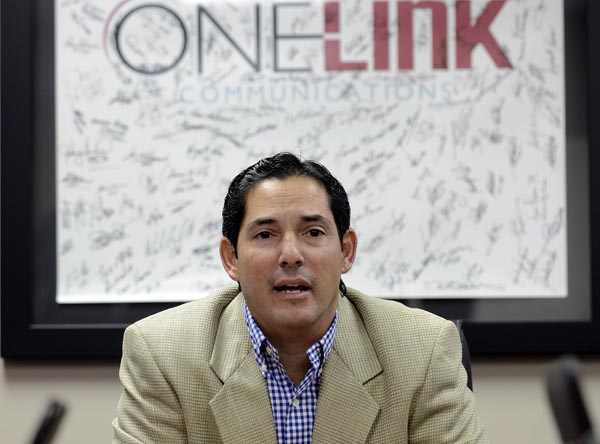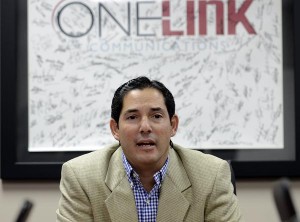Telecom industry exec: ‘Problems at TRB were foreseeable’

While members of the Telecommunications Regulatory Board remained mum on the two-against-one internal battle going on at the agency that lead to a lawsuit at San Juan Superior Court last week, an industry executive spoke out Thursday, saying among other things, the problems were foreseeable.
The lawsuit filed by TRB President Sandra Torres and associate member Gloria Escudero against the third member of the group, Nixyvette Santini “shows that the balance of power that had existed in that body is starting to be dangerously affected,” said Jorge Hernández, vice president of OneLink Communications.
The “shift” is traced back to Escudero’s appointment in September 2011 to succeed former Associate Member Vicente Aguirre. She and Torres are former Puerto Rico Telephone/Claro employees who moved on to the helm of the TRB.
“When judgment was passed on [Escudero’s] appointment, the vast majority of the telecommunications industry warned the Senate about what is happening during the confirmation hearings. Months later, we have this first unprecedented case,” Hernández said, of the lawsuit first reported by News is my Business.
During Escudero’s confirmation hearings, industry members argued that the balance of power that had existed at the TRB for the past 15 years would be compromised in favor of PRT, because Escudero worked in that company for about 30 years, while Torres worked at for carrier before taking office in 2008.
In the lawsuit filed against Santini, Torres and Escudero banded together to ask the San Juan Superior Court for a preliminary and permanent injunction to prevent Santini or any other agency officer to disclose any information protected by confidentiality and attorney-client privilege rules.
They pressed for the ruling saying Santini had revealed internal details of the agency’s decision-making process in a dissenting order she released after the agency flip-flopped over the terms of the cable franchise license granted to PRT/Claro to launch islandwide Internet Protocol TV service.
None of the agency’s associate members are allowed to speak about the lawsuit, as San Juan Superior Court Judge Giselle Romero García has placed a gag order on the parties involved.
The agency’s decision to grant a modified cable franchise license to PRT/Claro prompted OneLink to turn to the federal court in late January to vent its discontent over the proceeding that lead to the decision, pointing out that PRT had incurred in a “pattern of illegalities” including building out its network without permits as well as applying cross-subsidies to its cost structure to determine rates.
“Without going into the merits of this claim, yes we can state that Santini noted serious irregularities in the review process and the removal of the safeguards set out in the first order the Board issued, which ultimately were protections for consumers,” Hernández said.
PRT/Claro Spokeswoman Ileana Molina denied a request for comment Thursday.









